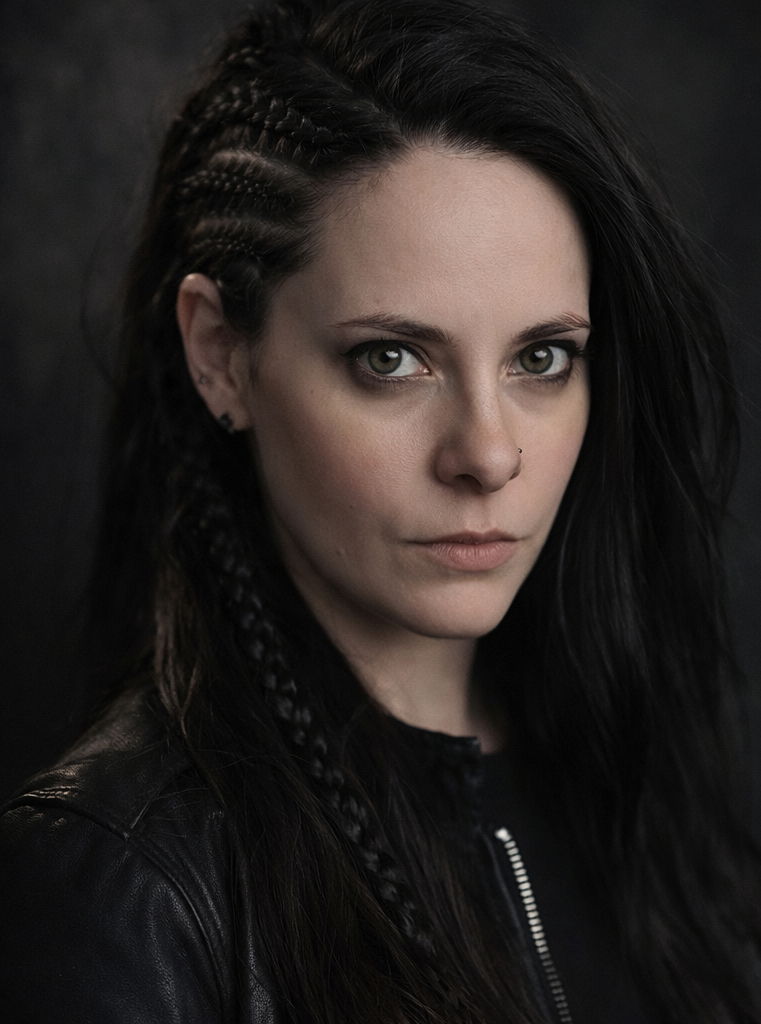Who is Rian C. Stone?
I learned to read early. I learned to disappear into stories even earlier. Stories were the first place that ever felt like home. I don’t remember a version of myself that wasn’t chasing one.
Even as a toddler, I had a reputation. Bedtime stories weren’t optional, they were mandatory, and I enforced the policy personally. When my mom started dating my future father, I assessed the situation quickly: he could read. That made him useful. I adopted him immediately, and I had no intention of sharing.
Their attempts at discretion were unsuccessful. They underestimated my commitment.
It’s late. You’re in the kitchen, speaking in low voices, convinced the child upstairs is asleep. Then comes the sound of feet on hardwood. A small figure appears in the doorway. Barefoot, wearing nothing but a diaper, arms stacked with books, issuing a single demand:
“Read.”
He married into the chaos willingly. Respect.

It’s a small miracle my parents ended up together, considering I allowed them very little time alone. The greater testament, though, is my father — he loved my mother, and he chose me, without hesitation, without conditions. What followed was a tight, slightly unorthodox family, and I was never asked to be anything other than myself.
As a child, I was usually somewhere quiet, surrounded by books I couldn’t yet read. Once I could read, I devoured them indiscriminately — genre, age bracket, tone. It didn’t matter. My grandmother, a reader herself, supplied the material and quietly raised the bar. She handed me books slightly above my level and expected me to rise to them. I did. We spent long road trips listening to her romance audiobooks. She’d lower the volume during certain scenes. I didn't appreciate it.
It didn’t need to be written for me—if it was a story, I was in. At five, my favorite films were The Adventures of Milo and Otis and Dances with Wolves... that should tell you everything. As I grew older, I drifted toward darker material. Gargoyles. Are You Afraid of the Dark. Goosebumps. Patricia Cornwell. Mary Higgins Clark. An entire shelf of R.L. Stine. Darkness didn’t frighten me. It held my attention.
Then my grandmother introduced me to Harry Potter as the series was just beginning. I matured alongside it, watching a children’s story stretch into something more complex, more dangerous. It was my first blueprint for building a world that could evolve.
At nine, I stepped onto a stage in front of a live audience and began bringing stories to life. I learned breath control before I understood theme. I learned pacing before I understood plot. I learned that silence, used correctly, can command a room.
For nearly a decade, I studied cadence, breath, and restraint. I learned where to pause, where to press, and how to let a line land. By the time I reached Shakespeare, I understood something essential: storytelling isn’t only about what is said. It’s about presence. That was my first education in narrative control.
My writing journey began when I was a child, but what I lacked at the time wasn’t skill. It was permission. Creativity felt indulgent. So, when adulthood arrived, I chose the safe, sensible path and turned from the creative one.
Then I met Verlyn Klinkenborg. He was the first person to take my writing apart on purpose.
He dismantled sentences with surgical precision. Comfortable habits were stripped away. He taught me to unlearn false rules and break the right ones deliberately. The pillars of cadence, rhythm, structure, and restraint became my doctrine. I built a career in science, sneaking in stories wherever I could. And for a while, that was enough.
But eventually, it stopped being enough.
Something in me refused to stay buried.
I thought I’d outgrown it. I was wrong.
That’s when I began writing The Burning of Saint-Gilles. It took four years of obsession, perseverance, and a level of fixation that bordered on unreasonable. I drew from the authors and stories who shaped me, from lived experience, from questions I couldn’t answer any other way. It was darker than anything I’d written before. It felt honest.
After that, there was no going back.
In fan fiction — a space more permissive than publishing — I pushed further. I stopped tempering the darker instincts I’d once mistaken for excess. Certain characters demanded that I confront my appetite for moral ambiguity, power imbalances, and tension that doesn’t resolve cleanly. Some characters demanded patience and tenderness, others demanded nerve. I stopped apologizing for either.
The Burning of Saint-Gilles was only the beginning. Other novels wait in outline — noir romance, gothic, folk horror.
I don’t know where this path ends.
But I’m not holding back anymore.








